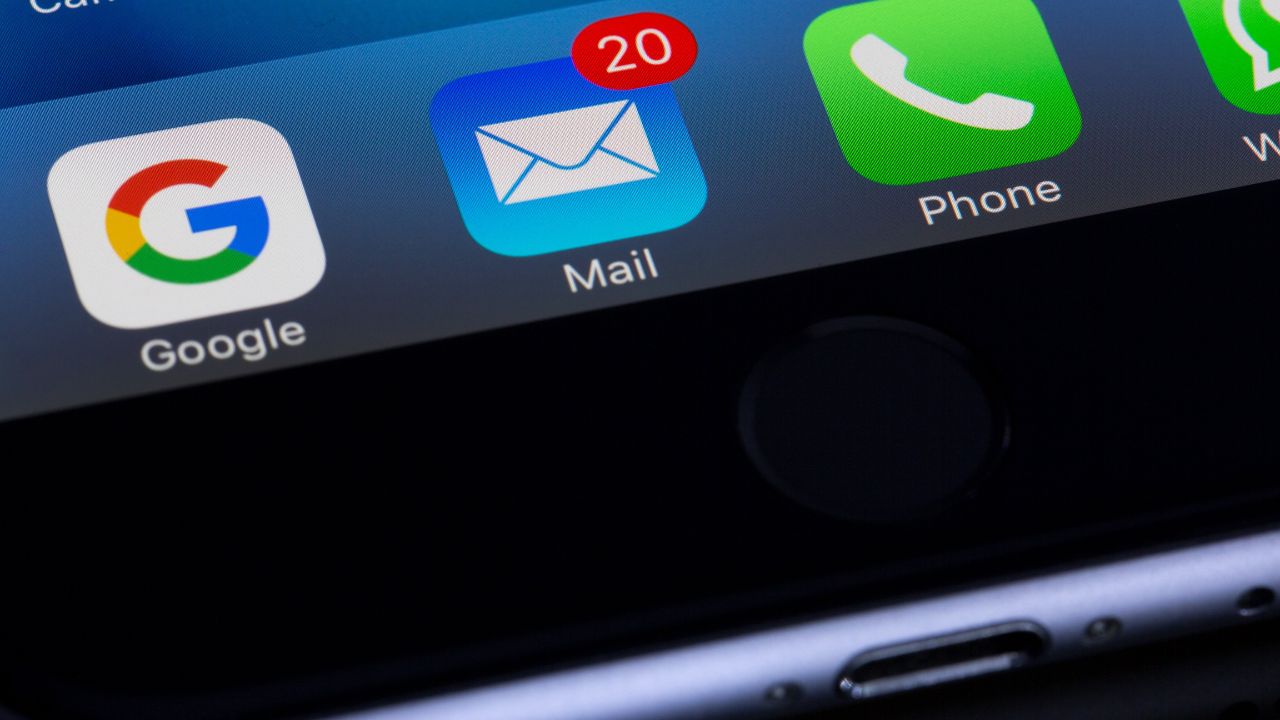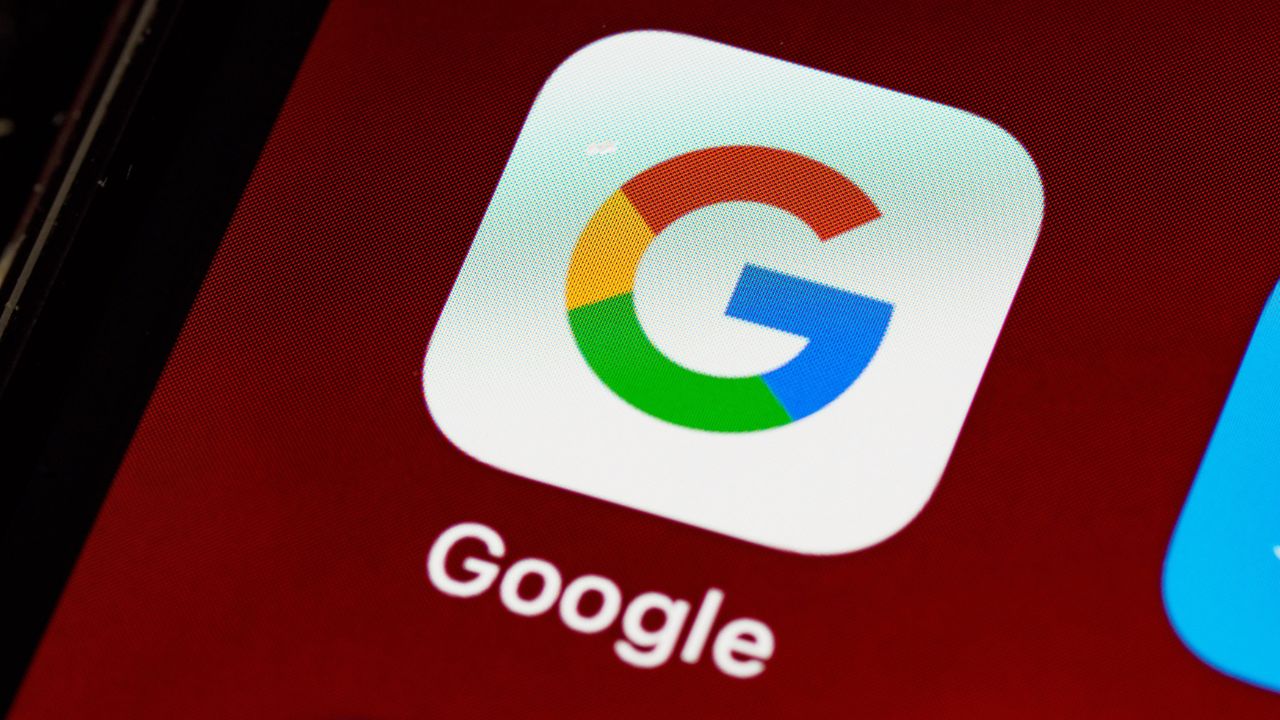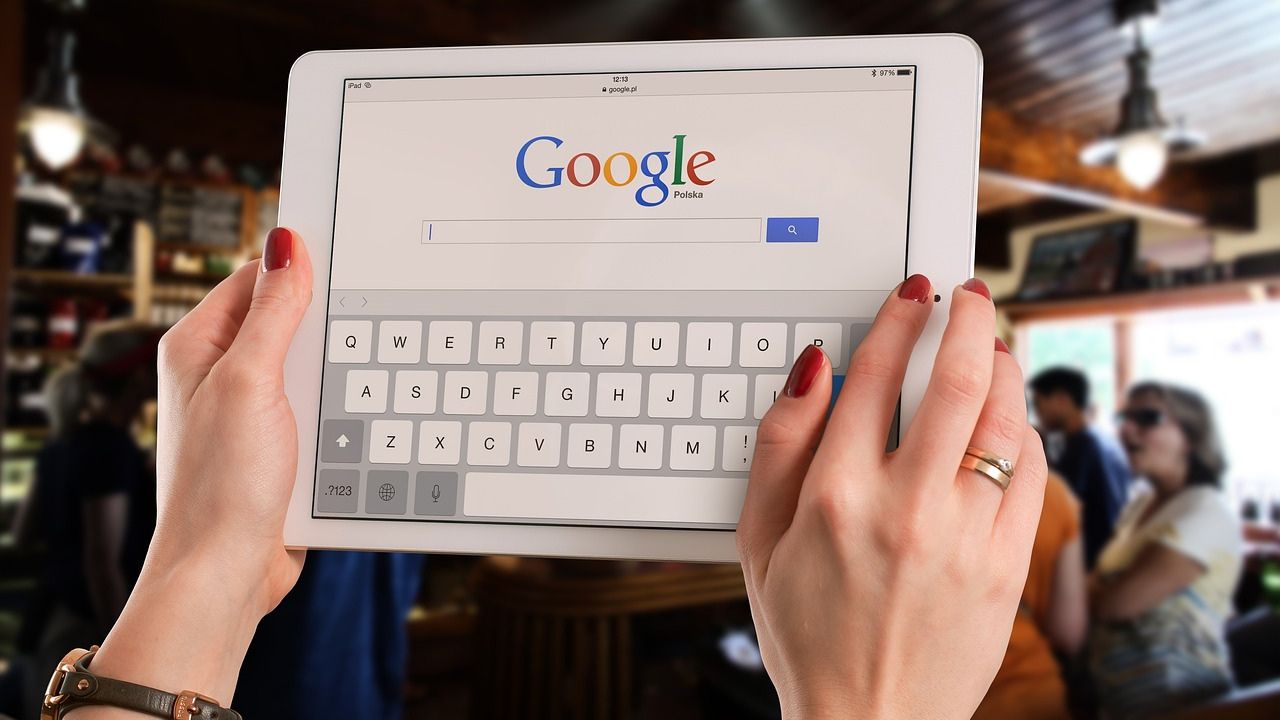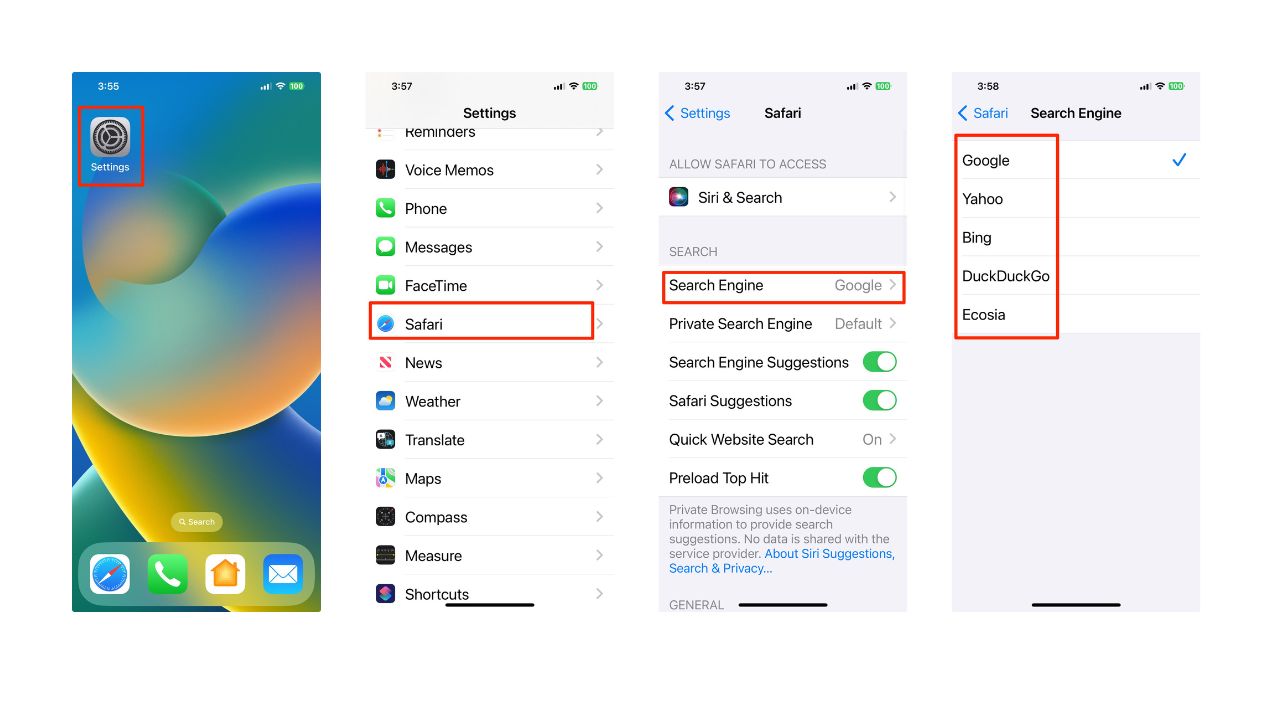Did you know that Google pays Apple billions of dollars every year to remain the default search engine on your iPhone? Google revealed in court recently that it paid $26.3 billion overall in 2021 to be the default search engine across various services. Google didn’t specify who got what, but the majority of it likely went to Apple.

MORE: ASK KURT: HOW TO NAVIGATE GOOGLE’S PRIVACY SETTINGS
Google’s annual payout to Apple by the numbers
According to a report by Bernstein analyst Toni Sacconaghi, Google paid Apple a whopping $18 billion in 2021 alone to keep its search engine the default on iPhones, iPads, and Macs.
While Google’s payments to Apple have reportedly been reduced to $8 billion in 2023 due to that federal antitrust lawsuit filed by the US Department of Justice against Google in 2020, it’s still an incredible amount of money we’re talking about.
Neither Google nor Apple has publicly confirmed the exact amount of money that Google shells out to Apple to be the default search engine on Apple devices, but they have acknowledged its existence in the past.
How Google bought its way into your iPhone
The antitrust lawsuit filed by the US Department of Justice against Google in 2020 is still ongoing and could have major implications for the future of the online search industry.
The lawsuit claims that Google has unlawfully maintained its monopoly in the online search market by entering into exclusive agreements with Apple and other device makers to prevent them from using other search engines.
Google denies the allegations and argues that its agreements with Apple and other device makers are beneficial for consumers and competition. In a blog post, Kent Walker, President of Global Affairs, Google & Alphabet, commented on the lawsuit saying,
In sum, people don’t use Google because they have to — they use it because they want to.

MORE: HOW TO REIN IN YOUR ONLINE EXPOSURE AND REMOVE YOURSELF FROM GOOGLE SEARCHES
Why Google pays Apple billions of dollars annually?
The short answer is that Google is the dominant search engine in the world, with a market share of over 90%, and it wants it to stay that way. However, it faces competition from other search engines, such as Bing, DuckDuckGo, and Ecosia, that offer different features and benefits to users. For example, some of these search engines claim to respect your privacy, protect the environment, or donate to charity.
Google makes most of its money from advertising, which relies on collecting and analyzing your deeply personal data to show you relevant ads. Therefore, Google wants to keep as many users as possible using its search engine, so it can maintain its dominance and profitability.

MORE: GOOGLE’S NEW FEATURE REMOVES PERSONAL INFORMATION FROM SEARCH RESULTS
How Apple uses Google’s money
Apple, on the other hand, makes most of its money from selling hardware, such as the iPhone, iPad, and Mac. Apple also claims to value your privacy and security and offers features such as encryption, Face ID, and App Tracking Transparency to protect your data.
However, Apple also benefits from Google’s payments, which account for about 12% of its total revenue. Apple uses this money to invest in its products, services, and research and development, which help it maintain its competitive edge and customer loyalty.
Therefore, Google and Apple have a symbiotic relationship where they both benefit from each other’s strengths and weaknesses. Google pays Apple billions to keep its search engine the default on Apple devices, and Apple accepts Google’s payments to fund its innovation and growth.
What it means if you have an iPhone
As an iPhone user, you may not be aware of the deal between Google and Apple, or you may not care about it. After all, Google is a convenient and powerful search engine that can answer almost any question you have. You may also use other Google products, such as Gmail, YouTube, or Google Maps, that integrate well with your iPhone.
However, you may also have some concerns about Google’s practices, such as how it tracks your online activity, how it uses your personal data, and how it influences your search results. You may also want to try other search engines that offer different features and benefits, such as privacy, security, or social responsibility.
How to change your default search engine on your iPhone
Fortunately, you have the option to change your default search engine on your iPhone, and it’s very easy to do. Here’s how:
- Open the Settings app on your iPhone
- Scroll down and tap Safari
- Tap Search Engine
- Choose the search engine you want to use from the list. You can choose to stick with Google or go with Yahoo, Bing, DuckDuckGo, and Ecosia
- Close the Settings app and open Safari. You will see that your new search engine is now the default

Kurt’s key takeaways
Google and Apple have a lucrative deal that benefits both of them but may not benefit you as an iPhone user. Google pays Apple billions of dollars to keep its search engine the default on your iPhone, which helps Google maintain its dominance and profitability and helps Apple fund its innovation and growth.
However, you may not be happy with Google’s search engine, or you may want to try other search engines that offer different features and benefits. You have the freedom and the ability to change your default search engine on your iPhone, and it’s very easy to do.
Do you care about the deal between Google and Apple and how it affects you? Would you consider switching to a different search engine, and if so, which one? Let us know in the comments below.



13 comments
It seems that NO search engine any longer allows a strict search!!! It is so frustrating to log into, say, Amazon, or just do a DuckduckGo search and try doing a strict search on a string of variables, when what you end with are tons of items that may include 1 or even none of your variables! I used the old Dogpile for strict searches, but that no longer is useful as it, along with others, no longer does strict searches. I realize that throwing irrelevant items at the user is a method of getting us to buy more, but it is becoming useless and too frustrating to bother.